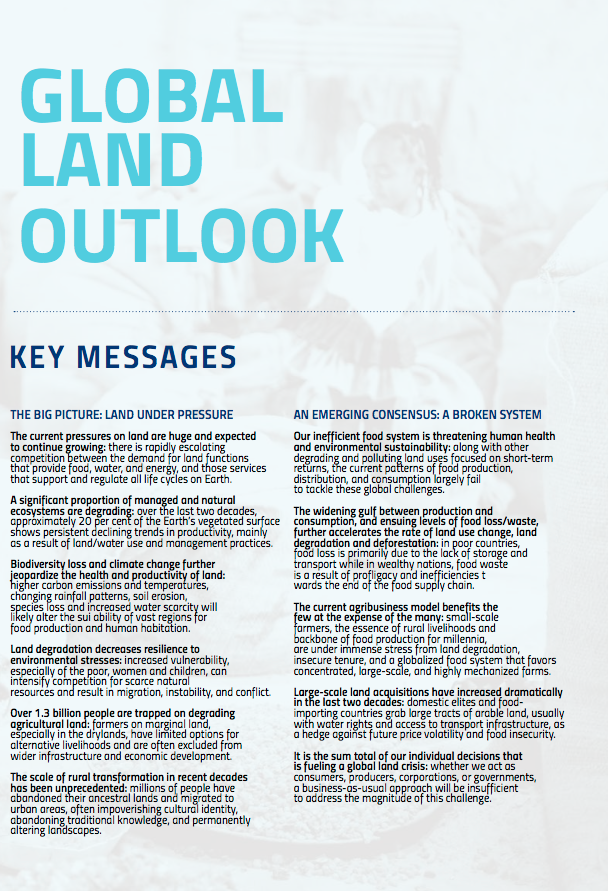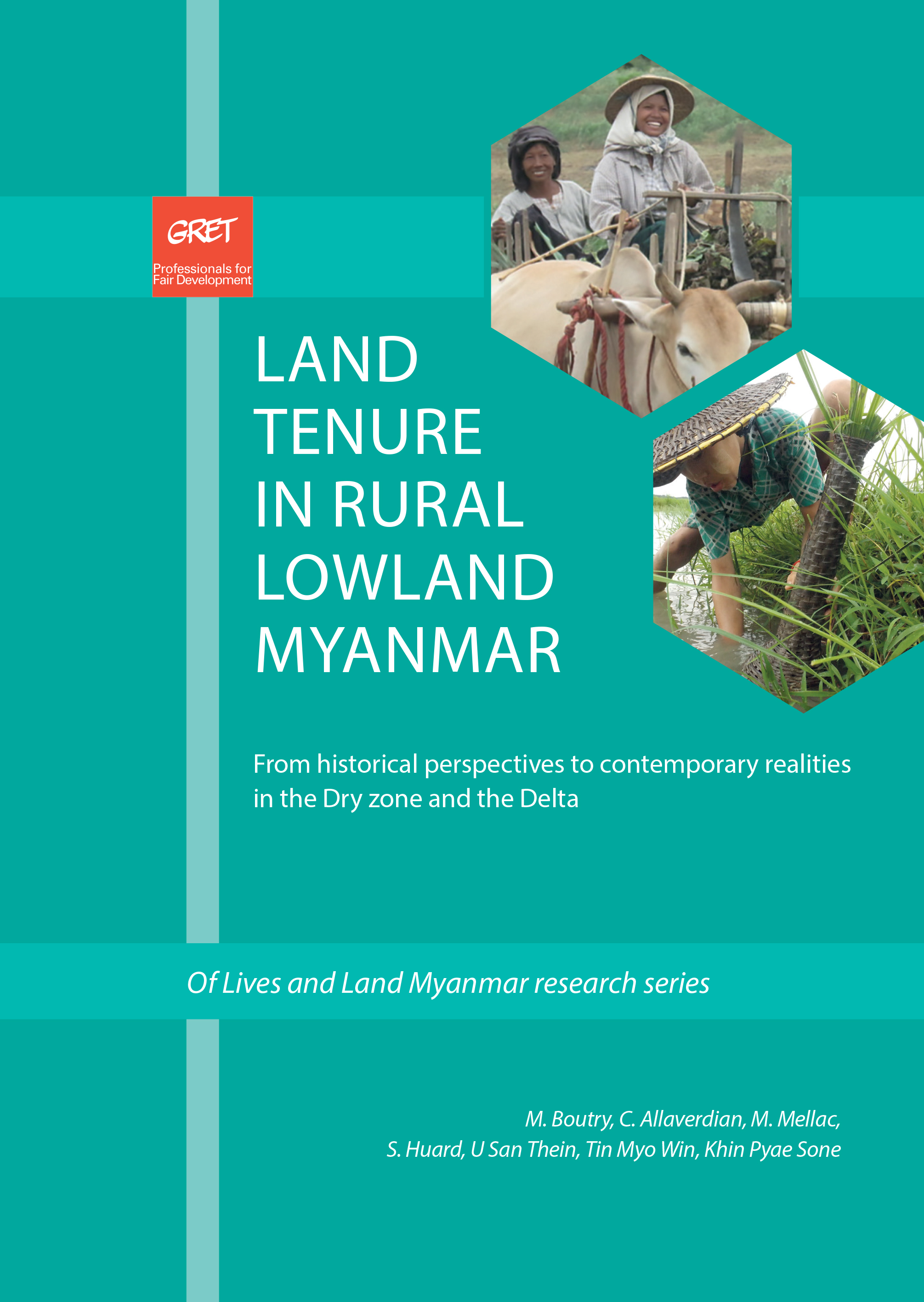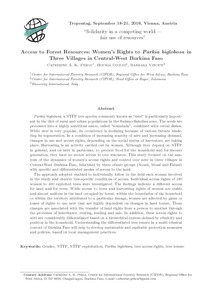Property Rights and Gender in Uganda
Property rights economically empower women by creating opportunities for earning income, securing their place in the community and ensuring their livelihoods. When women are economically empowered, it spurs development for their families and communities. Property Rights and Gender in Uganda: A Training Toolkit seeks to strengthen understanding of property rights for women and men as equal citizens.







